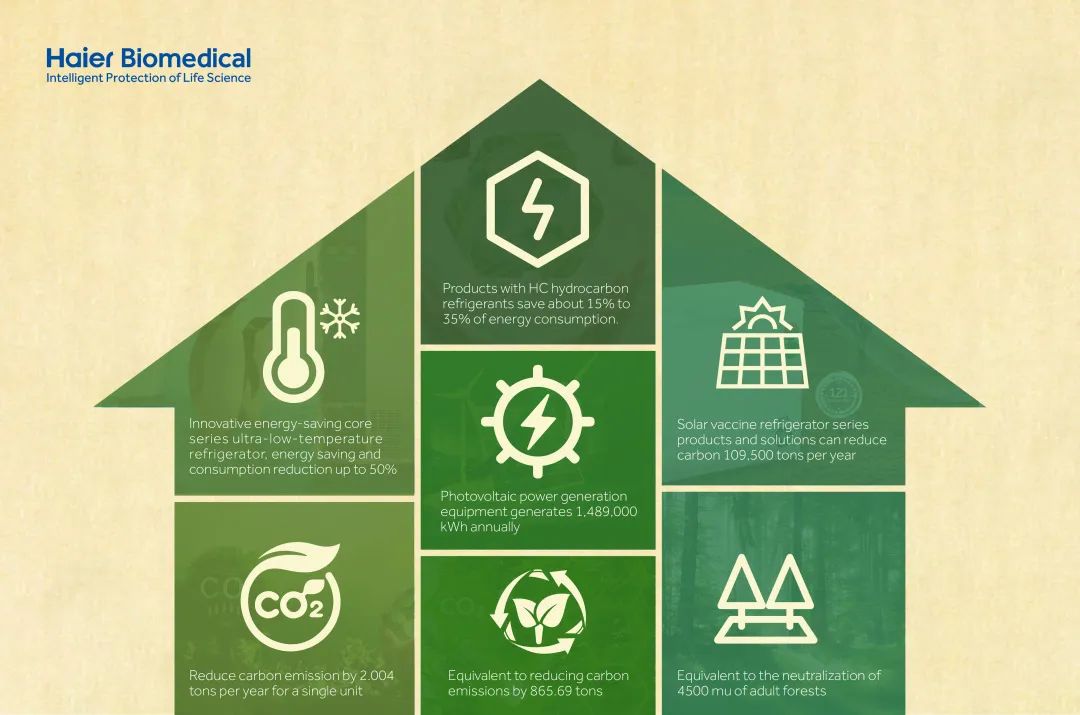News about the “world’s hottest day” has recently been making headlines. Data released by the United States National Centers for Environmental Prediction show that the average temperature of the Earth’s surface reached a record-breaking 17.01°C on July 3. This means that the global average temperature has reached a new high since data collection began in 1979, exceeding the previous records of 16.92°C established on August 14, 2016 and July 24, 2022 (National Centers for Environmental Prediction). According to Jennifer Francis, a senior researcher at the Woodville Center for Climate Research, this week's global average temperature is likely to be the highest in "at least 100,000 years," which carries significant implications.
Researchers believe that the global community may be experiencing a period of extreme heat, potentially spanning several years, which may be primarily caused by global warming due to the persistent emission of greenhouse gasses (GHGs) by human activities. GHGs are naturally or anthropogenically produced gaseous components of the atmosphere that are capable of absorbing and emitting radiation at particular wavelengths within the spectrum of thermal infrared radiation emitted by the Earth’s surface, atmosphere, and clouds, which contributes to the greenhouse effect. The main culprits of the emission of GHGs are the combustion of coal and the use of gasoline. To alleviate this situation, Haier Biomedical has consistently prioritized the incorporation of energy-saving, emission reduction, and zero greenhouse gas emission measures in its product development and design process, and significant progress has been made in this regard.
Following the ratification of the Montreal Protocol and the Kyoto Protocol, technicians from developed countries have studied and compared the alternatives to freon, a Class I substance according to the Montreal Protocol, and gradually categorized them into two major categories, that is, hydrofluorocarbon (HFC) refrigerants and hydrocarbon (HC) refrigerants. However, HC refrigerants have significantly lower greenhouse effect coefficients associated with global warming compared to HFC refrigerants. As a type of natural refrigerant, HC refrigerants do not contribute to atmospheric pollution, nor do they cause any harm to the ozone layer; therefore, they produce almost no greenhouse effect. Furthermore, HC refrigerants outperform R134 and R22 refrigerants in terms of energy consumption savings by about 15% to 35%

Haier Biomedical is committed to green dual-carbon development through its efforts to consistently research and develop innovative product solutions, seek breakthroughs in scientific and technological innovation in green transformation, and adopt HC refrigerants in all its products categories, positioning itself as a pioneering force within the framework of the carbon-neutral strategy, and effectively addressing the requirements for the green dual-carbon goal. Following the breakthrough in the key technology of HC refrigeration, Haier Biomedical has further introduced an innovative series of ultra-low-temperature refrigerators with an energy-saving core that can reduce energy consumption by up to 50%. The lowest energy consumption of these units has reached single-digit figures, and each unit reduces carbon emissions by an average of 2.004 tons per year. Haier Biomedical’s R&D team has also overcome the technical challenge of the large-cooling-capacity Stirling refrigerator. This feat is achieved by using helium as the refrigeration medium, which offers a combination of green properties, high efficiency, and large cooling capacity, and has high reliability and an extended lifespan. The company has embarked on a new stage of promoting green and low-carbon development within the industry through the development of ultra-low temperature and other cold chain products and empowering the practices of carbon reduction by technological innovation, consistently leading the industry in green transformation and development.

Haier Biomedical is focused on the development of solar-powered equipment. In 2022, the company generated a total of 1,489,000 kilowatt-hours of electricity through the use of photovoltaic power generation equipment, which is equivalent to a reduction of 865.69 tons of carbon emissions. At the same time, its products and solutions of the solar-powered vaccine refrigerator series can reduce carbon emissions by 109,500 tons annually, which is equivalent to the carbon neutrality achieved by 4,500 acres of mature forest. Haier Biomedical has time and again surpassed its own records, accelerated its industrial deployment, and consistently launched innovative and forward-thinking products, contributing to the global cause of energy-saving and emission reduction.
At present, Haier Biomedical’s products and solutions have presence in over 135 countries and regions around the world. In particular, the export of its solar energy products has promoted technical and cultural exchanges between different countries. In addition, with its mission of “Makes Life Better”, Haier Biomedical is actively building the world’s leading medical and healthcare ecosystem, and strives to achieve the goal of zero greenhouse gas emissions, thereby ensuring the well-being and health of people across the globe.
article source: https://www.haiermedical.com/news/Focus-On-Climate-The-Hottest-Week-In-100000-Years
Media Contact
Company Name: Haier Biomedical
Email: Send Email
Phone: +86-532-88935593
Country: China
Website: https://www.haiermedical.com/




